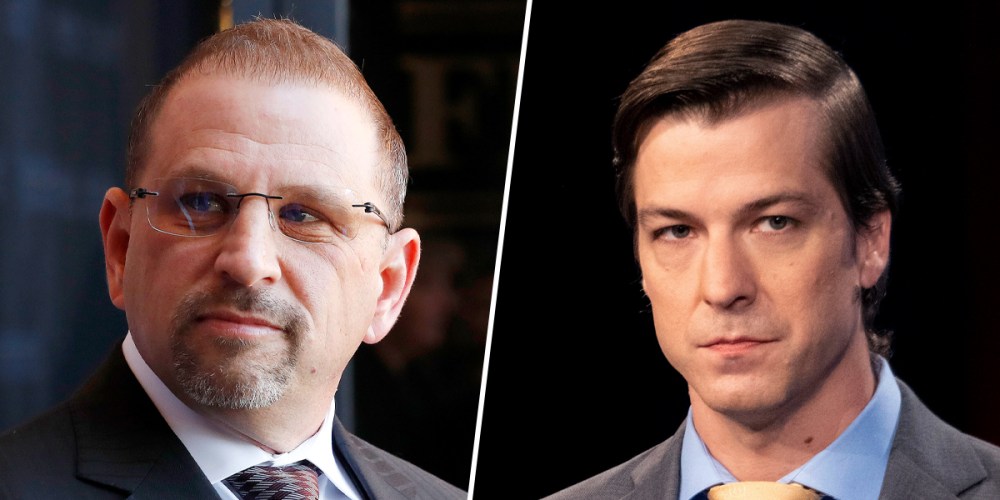
Libertarian Chase Oliver might determine which party takes control of the Senate. But not by winning his election.
The long-shot candidate for Georgia’s high-stakes Senate race could force a Dec. 6 runoff between Democratic Sen. Raphael Warnock and Republican challenger Herschel Walker, reshaping the dynamics of an already close contest and possibly leading to yet another scenario where all eyes focus on Georgia with the Senate majority on the line.
"I want the voters to know that they do have a third choice in this election," Oliver said in a debate here on Sunday, which Warnock attended and Walker skipped. "I don’t have any interest in partisan bickering. I owe no allegiance to either party. I only owe allegiance to you, the voter."
If Oliver’s plea for voters to "send a message" to the two-party system gathers even a percentage point or two, it may deny Walker or Warnock the 50% required by state law to win on the first ballot.
He's not the only third party candidate positioned to make a small splash with potentially huge consequences in the 2022 midterm elections. Other outside candidates in states like Arizona, Nevada and Pennsylvania are emerging as wildcards — with polls indicating they have nowhere near enough support to win, but more than enough to influence results in tight races that can make or break President Joe Biden's agenda for the next two years.











